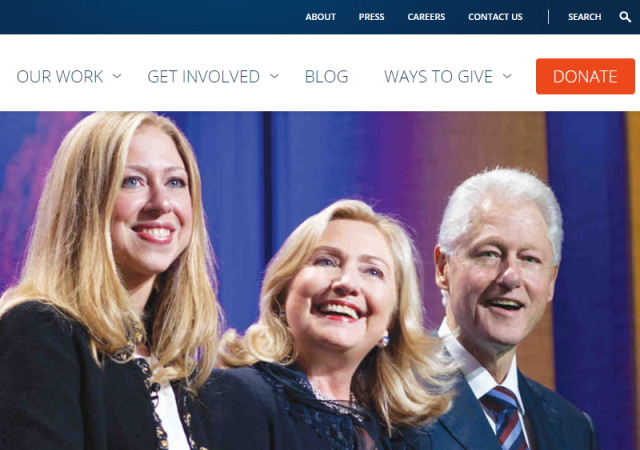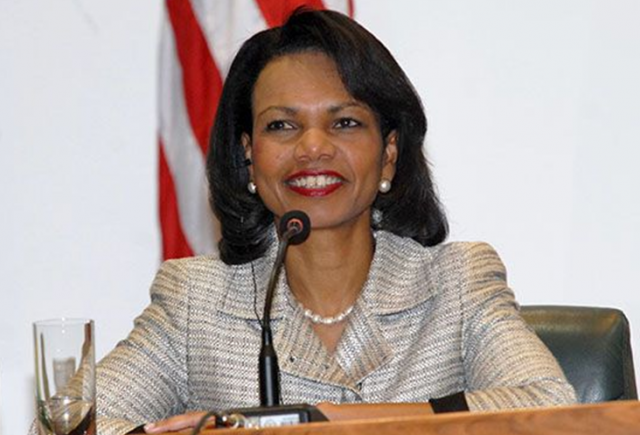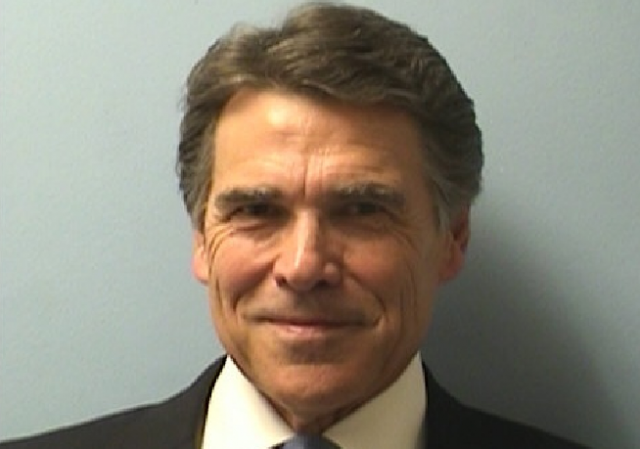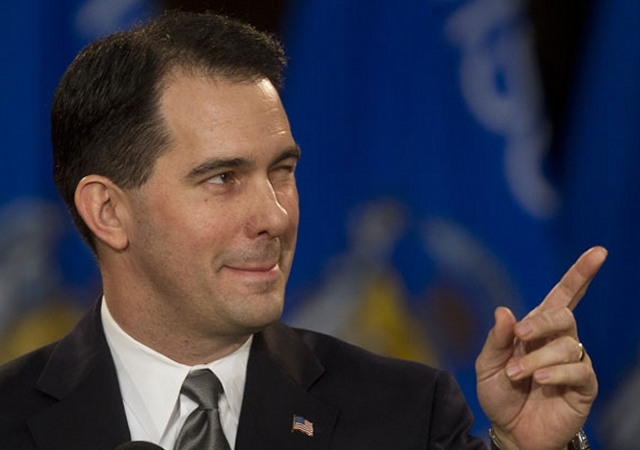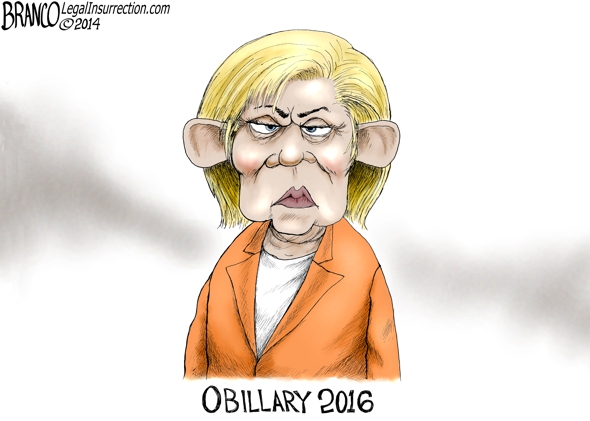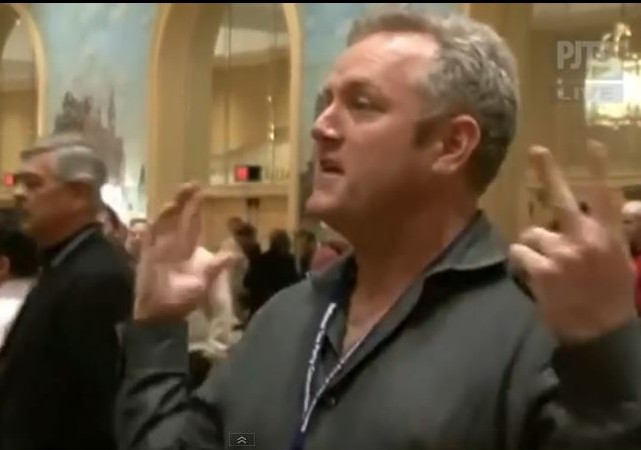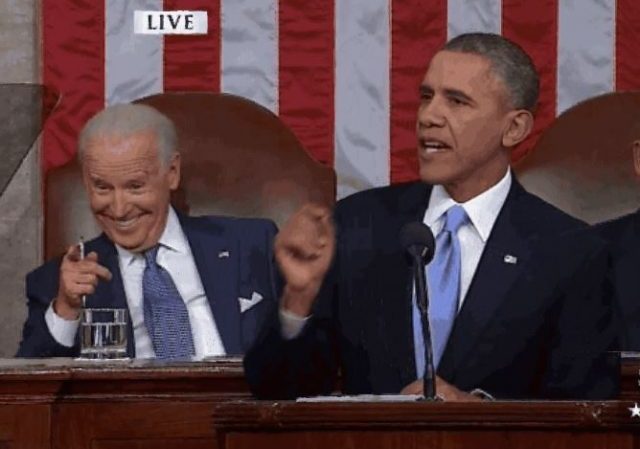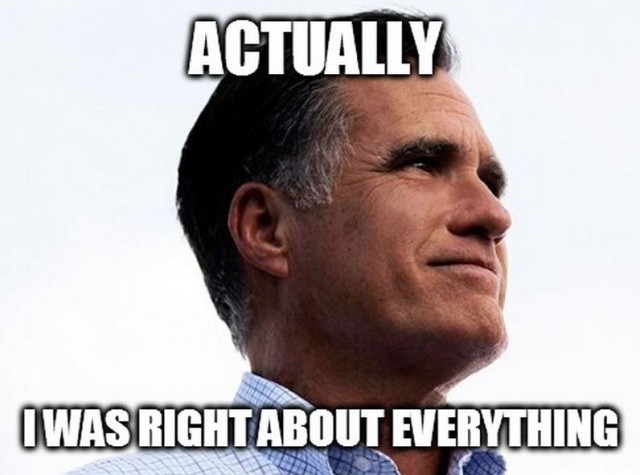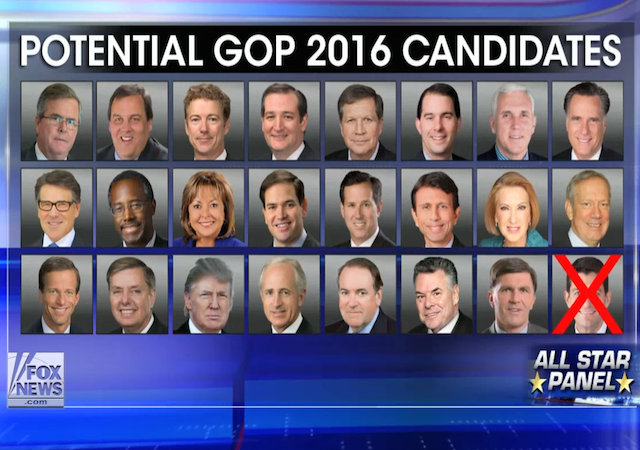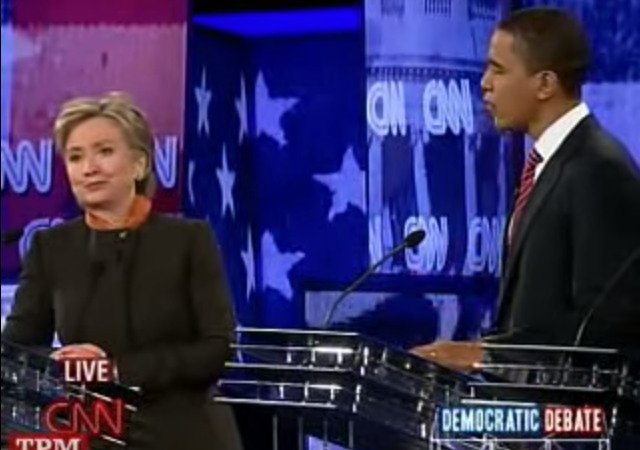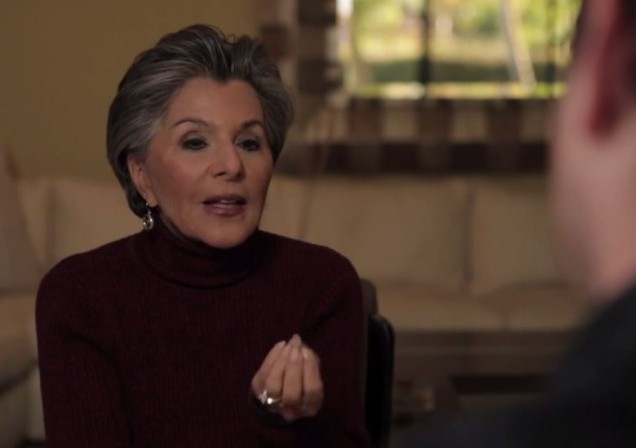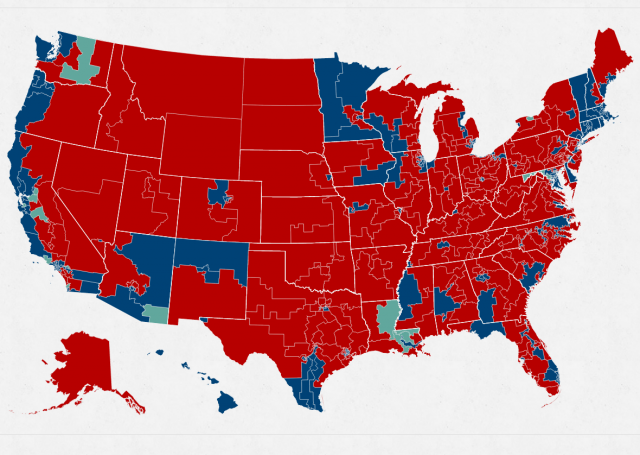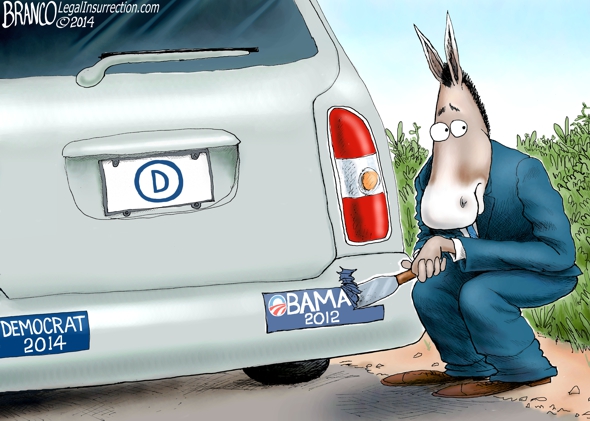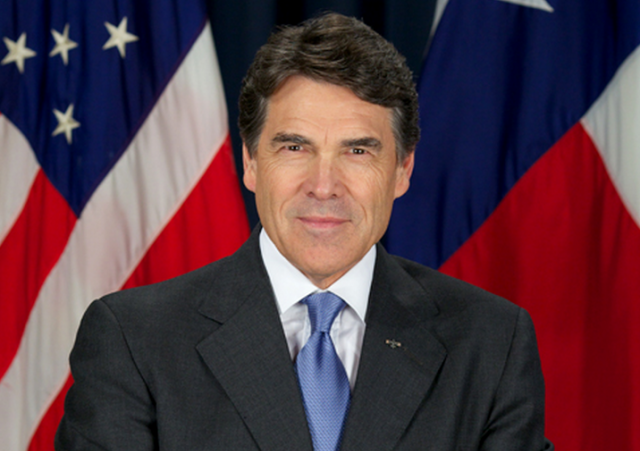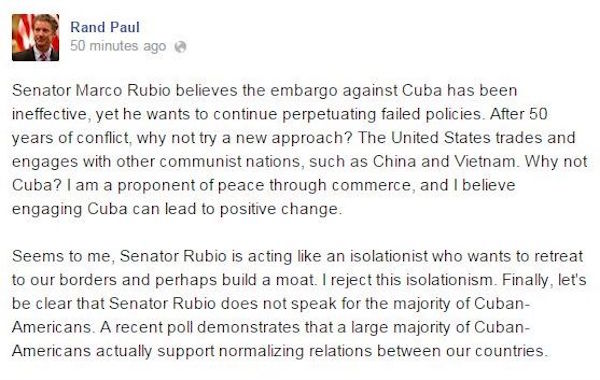Scott Walker makes moves for Wisconsin Right-to-Work
on February 20, 2015
35 Comments
Wisconsin Governor Scott Walker has made a name for himself in the fight to roll back union influence. He easily overcame a 2012 recall effort organized by big labor and other progressive interests, and since then has been held up by many conservatives as an example of what Republican leadership should look like.
Now considered an emerging contender in the 2016 Republican presidential primary, Walker is taking new steps to court both employers, and workers who support right-to-work policies over forced union membership.
Legislators in Wisconsin are planning on fast-tracking a new, controversial bill that would make Wisconsin a right-to-work state. Walker had previously urged the legislature to put the issue on the back burner, saying that the revived controversy would conflict with his larger agenda, but after a series of meetings with lawmakers, has agreed to sign on to the effort.
That promise has not come without controversy.
More from the AP:
"I think we can do this next week without it getting really ugly," said Republican Senate Majority Leader Scott Fitzgerald on WTMJ radio in Milwaukee. "We'll see next week whether the Capitol blows up. I don't know." Right to work is a "false promise for Wisconsin," said Phil Neuenfeldt, president of the Wisconsin AFL-CIO, in a prepared statement. "Right to Work will not create jobs and will lower wages for all workers," Dan Bukiewicz, president of the Milwaukee Building-Construction Trades Council, which represents union construction workers in the Milwaukee area, called right-to-work "an unneeded distraction." "It's very disappointing they're going to fast-track it. Usually when things are done fast they're done incorrectly," he said. "I haven't heard anybody come out from a business standpoint saying this is what they want. The residual results of this will hurt the citizens of Wisconsin." Proponents of right-to-work argue it will make Wisconsin more competitive and that workers should have the freedom to decide whether to pay and join a union, rather than having dues automatically withdrawn.

